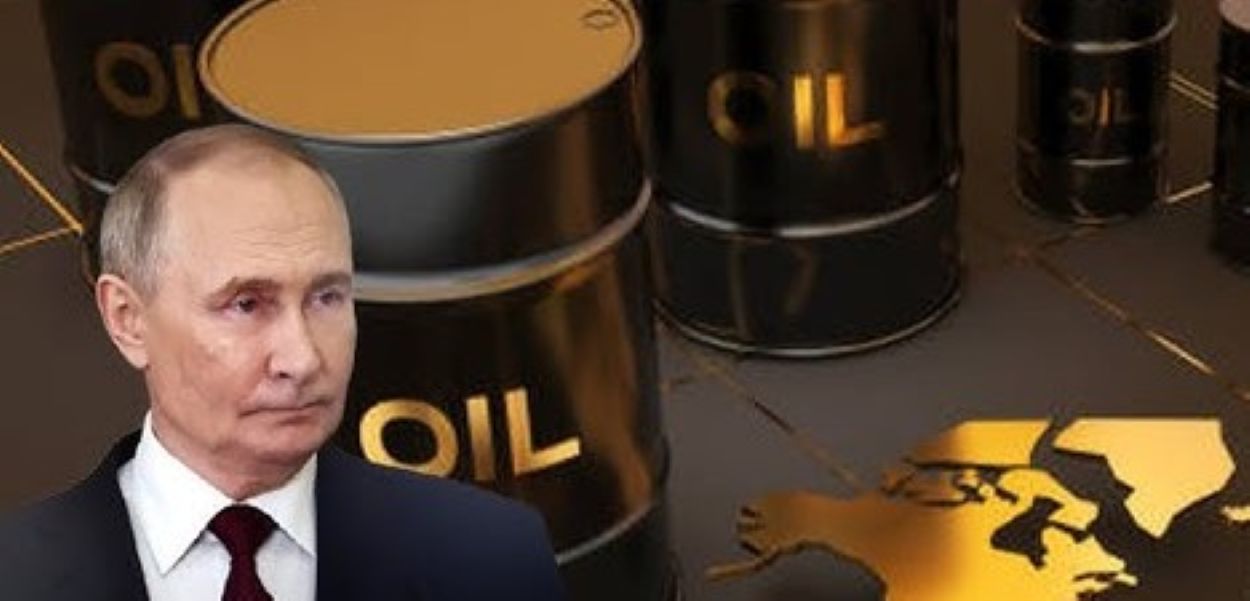President Donald Trump imposed his first Ukraine-related sanctions in his second term, targeting Russia’s largest oil companies, Lukoil and Rosneft.
The US Treasury blocked their US assets and banned American dealings, aiming to curb funding for Moscow’s war. Treasury Secretary Scott Bessent stated: “Given Putin’s refusal to end this senseless war, we’re sanctioning Russia’s two largest oil companies that fund the Kremlin’s war machine.”
The move aligns with the EU’s 19th sanctions package, banning Russian LNG imports (short-term contracts end in 6 months, long-term in 2027), and the UK’s recent Rosneft/Lukoil sanctions.
Oil prices surged over $ 2 per barrel, with Brent crude hitting $64. The sanctions added to pressure from the EU’s LNG ban, earlier than planned.
The US announced sanctions on Russia’s biggest oil producers, the Trump administration’s most consequential bid so far to pressure President Vladimir Putin over the war in Ukraine https://t.co/G7LlWNCPHG
— Bloomberg (@business) October 22, 2025Trump, who avoided Russia sanctions in his first term, shifted after a cancelled Putin summit in Hungary. He told reporters: “I hope sanctions won’t last long.” The US$60 price cap on Russian oil post-2022 invasion shifted buyers to Asia, including India and China.
Read: Trump Says India Will Halt Russian Oil Imports, Calls It a “Big Step”
Analyst Edward Fishman (Columbia University) called it “long overdue,” urging secondary sanctions on Rosneft/Lukoil partners. Jeremy Paner (Hughes Hubbard & Reed) noted the lack of bank/Chinese/Indian targets limits impact.
A Ukrainian official welcomed it as “great news,” noting Kyiv’s prior recommendations. The sanctions pressure Russia amid stalled talks, potentially aiding Ukraine. Oil volatility affects economies.






